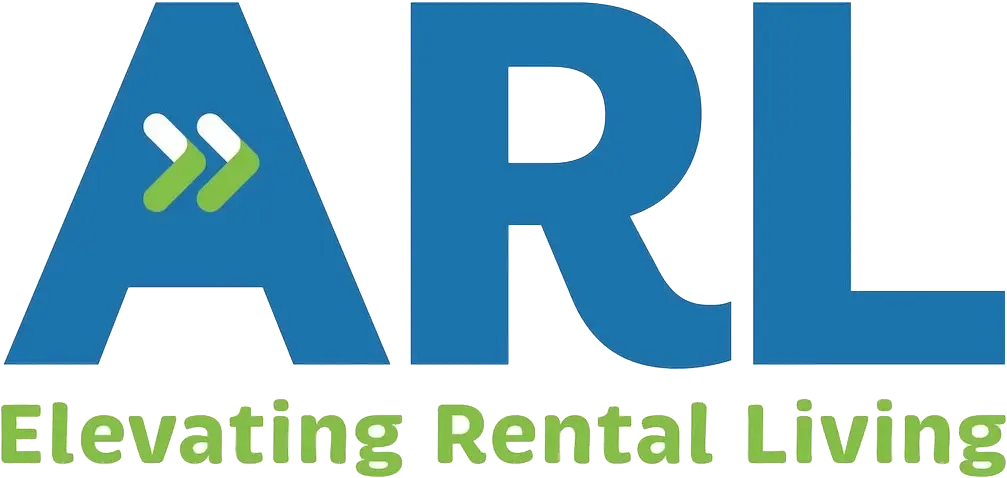With deposit alternatives rapidly growing in demand with tenants and landlords due to their unique benefits and flexibility, we receive frequent enquiries from agents and landlords, often with similar misunderstandings.
To shed light on these misconceptions, we sat down with David Bryant, Lettings Operations Manager at Andrews Property Group, to learn his first-hand experiences on the value of deposit alternatives and how they’re reshaping the rental experience.
“Deposit alternatives are only for particular tenants”
“Deposit alternatives present a choice, a choice that ultimately comes down to how a tenant believes their money is best spent in relation to their move. We have seen tenants choose deposit alternatives across a wide rental range, and the higher the rent, the greater the savings that can be put towards new furnishings, etc, all of which enhance the sense of ‘home’ the
tenant feels in their new rental. Deposit alternatives are not just for tenants with lower levels of affordability.”
“Deposit alternatives can delay move-ins”
“Owing to the fact that the tenant does not need to come up with another five weeks’ rent (while their existing deposit may still be locked away while negotiations around the end of their last tenancy continue), a deposit alternative can facilitate faster moves between properties. The associated admin is also quick and easy.”
“Deposit alternatives cost agents and landlords money whereas traditional deposits don’t”
“As a result of the way in which the administrative process works, we find that processing is quicker, which reduces the time (and therefore, cost) of setting up a deposit alternative vs a traditional cash payment. There is no need to protect a deposit, so there is less ‘paperwork’. From the landlord perspective, there is no increased cost, but protection is doubled.”
We hope this blog has helped to further your understanding on the benefits of deposit alternative products and dispel these common misconceptions.

.png)








